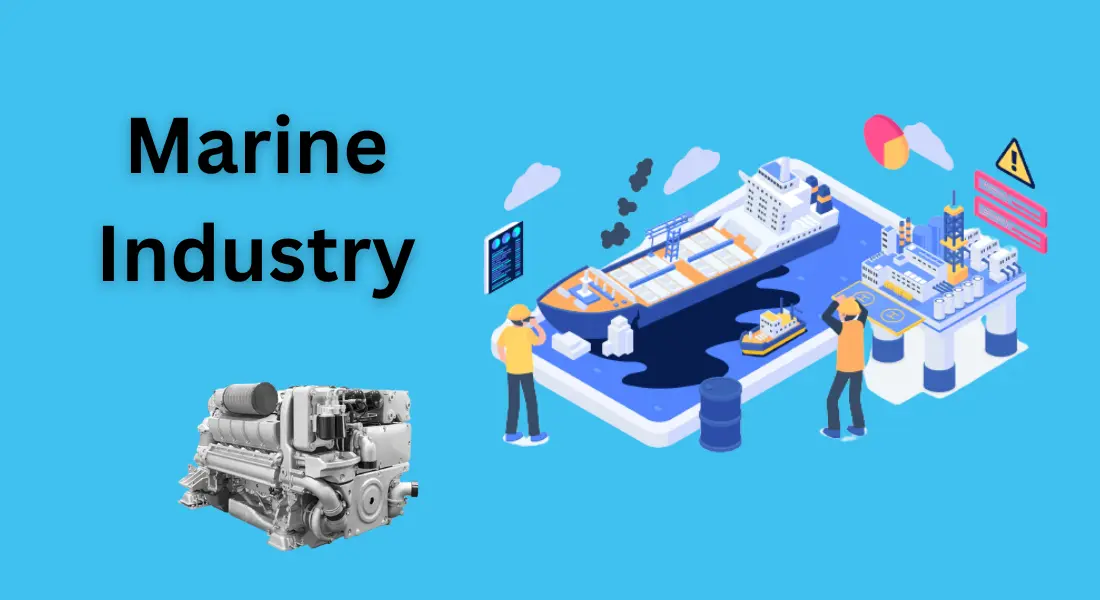Application of Actuators in the Marine Industry

The implementation of electrical actuators in the Marine Industry has revolutionized the way ships and vessels operate and navigate, leading to increased efficiency, safety, and environmental sustainability. These innovative devices are a critical component of modern marine systems, playing a pivotal role in various applications across the industry.
Steering Systems: Electrical actuators are widely used in modern ship steering systems. They replace traditional hydraulic systems, offering precise and responsive control. Electric actuators are more energy-efficient and environmentally friendly, reducing the risk of hydraulic fluid leaks that can harm marine ecosystems. Their reliability ensures the vessel's maneuverability in all conditions, enhancing safety.
Throttle & Engine Control: Electric actuators are employed in throttle and engine control systems. They enable precise adjustments to engine parameters, resulting in improved fuel efficiency and reduced emissions. This is particularly important in the context of stricter environmental regulations for the marine industry.
Valve & Pump Control: Marine vessels rely on various fluid systems, including those for ballast, fuel, and freshwater. Electrical actuators are used to control valves and pumps in these systems. They enable remote operation and automation, reducing the need for manual intervention and ensuring optimal fluid management.
Propulsion Systems: In the realm of propulsion, electrical actuators are essential for controlling the pitch of propellers and azimuth thrusters. These actuators enable dynamic and efficient propulsion adjustments, enhancing the vessel's overall performance and maneuverability.
Cargo Handling: The handling of cargo on ships and offshore platforms involves numerous operations, such as crane and winch control. Electrical actuators simplify and automate these tasks, enhancing the safety and efficiency of cargo operations.
Navigation & Control Systems: Electrical actuators play a crucial role in navigation and control systems, including rudders, stabilizers, and fin systems. They help vessels maintain stability, reducing the risk of accidents and improving passenger comfort.
Remote Monitoring & Maintenance: With the integration of IoT (Internet of Things) technology, electrical actuators allow for remote monitoring and predictive maintenance. This capability helps prevent breakdowns and reduces downtime, resulting in significant cost savings for shipowners and operators.
Reduced Noise & Vibration: Compared to traditional mechanical systems, electrical actuators generate less noise and vibration. This contributes to a quieter and more comfortable onboard experience for passengers and crew members.
The implementation of electrical actuators in the Marine Industry represents a significant leap forward in terms of efficiency, safety, and environmental responsibility. These versatile devices are at the forefront of modern marine technology, enabling precise control and automation across a wide range of critical systems. As the industry continues to evolve, electrical actuators will play an increasingly pivotal role in shaping the future of maritime transportation.